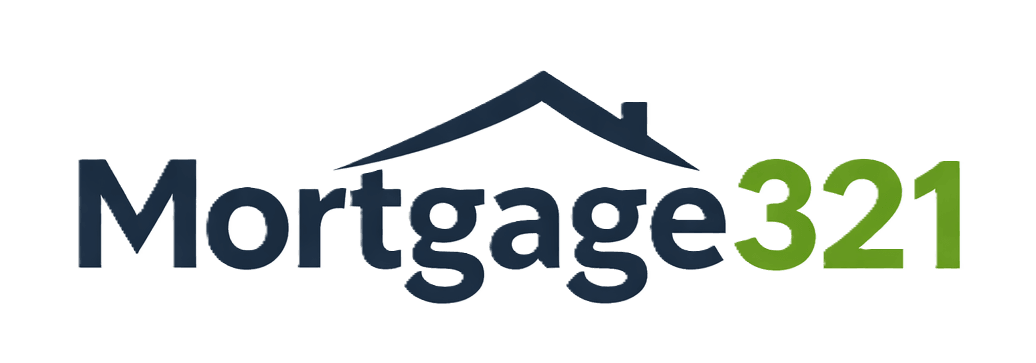Trust Deeds vs. Tenants in Common – Protecting Your Investment When Buying Together
MP
Buying a home with a partner, friend, or family member is an exciting milestone—but it’s also one that comes with important financial decisions.
When two or more people buy a property together, it’s essential to agree on how the property will be owned and what happens if things change down the line. That’s where Trust Deeds and Tenants in Common arrangements come in.
At Mortgage321, we regularly advise clients on how to structure property ownership in a way that reflects fairness and protects individual contributions. Below, we explain the difference between a Trust Deed and Tenants in Common, and why you might need one or both.
🏡 What Is a Trust Deed?
A Trust Deed (also known as a Deed of Trust) is a legal document that sets out how a property is owned, especially when one person contributes more to the purchase—such as through a larger deposit or covering more of the mortgage repayments.
✅ Key features of a Trust Deed:
- Clearly defines how much each person has contributed
- Sets out what happens to each person’s share if the property is sold or one party wants to exit
- Can include terms for how ongoing costs (e.g., mortgage repayments, improvements) are handled
- Offers protection in the event of a relationship breakdown or dispute
A Trust Deed is ideal if you want to protect your investment and ensure your financial input is returned fairly.
🧾 What Are Tenants in Common?
When buying a property together, one of the ways you can legally hold ownership is as Tenants in Common. This means each owner has a specific share in the property, which can be equal or unequal.
For example, you might own the property:
- 50/50 (equal contribution)
- 70/30 (one party paid a larger deposit)
- 99/1 (one party funded the entire purchase, but both names are on the deeds)
✅ Why choose Tenants in Common?
- Allows for flexible ownership percentages
- Each party’s share can be passed on through their will (unlike Joint Tenancy, where ownership automatically passes to the other)
- Works well alongside a Trust Deed for added legal clarity
🔐 Which Should You Choose?
Often, Tenants in Common and a Trust Deed go hand in hand. You can legally register your unequal shares as Tenants in Common and use a Trust Deed to explain how and why those shares were determined. This ensures full transparency and legal protection.
💬 Need Help Setting It Up?
While we at Mortgage321 don’t draw up legal documents, we work closely with trusted conveyancer who can help you draft a Trust Deed or register your ownership as Tenants in Common.
As part of our mortgage advice service, we’ll guide you through:
- Whether a Trust Deed is necessary for your situation
- How ownership structures affect your mortgage
- What steps to take to get everything properly documented
📝 Final Thoughts
Buying a property is likely the biggest financial commitment you’ll make—so it’s worth getting the ownership details right from the start. Whether you're putting in more of the deposit, repaying more of the mortgage, or simply want clarity for the future, a Trust Deed and Tenants in Common arrangement can give you peace of mind.
If you’re unsure about what’s right for you, get in touch today. At Mortgage321, we’re here to make the process as clear, fair, and stress-free as possible.
📞 Contact us today for expert mortgage advice and guidance on co-ownership: www.mortgage321.co.uk | [email protected] | 01255 440142
Disclaimer:
This blog post is for general information purposes only and does not constitute legal advice. While we at Mortgage321 can guide you on how property ownership structures may affect your mortgage, we do not provide legal services. We recommend seeking independent legal advice from a qualified solicitor or conveyancer when setting up a Trust Deed or Tenants in Common arrangement.
